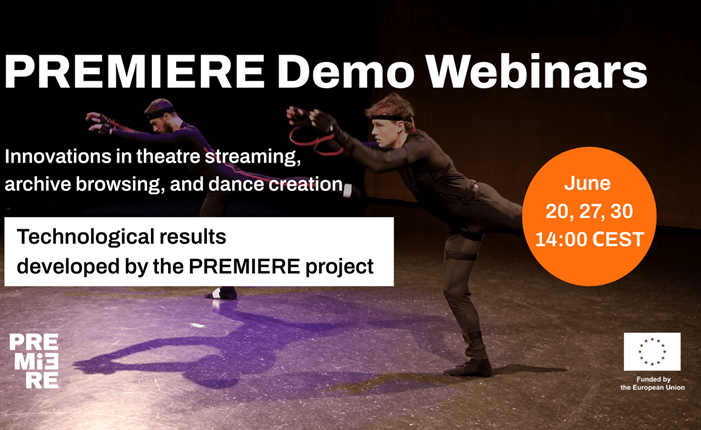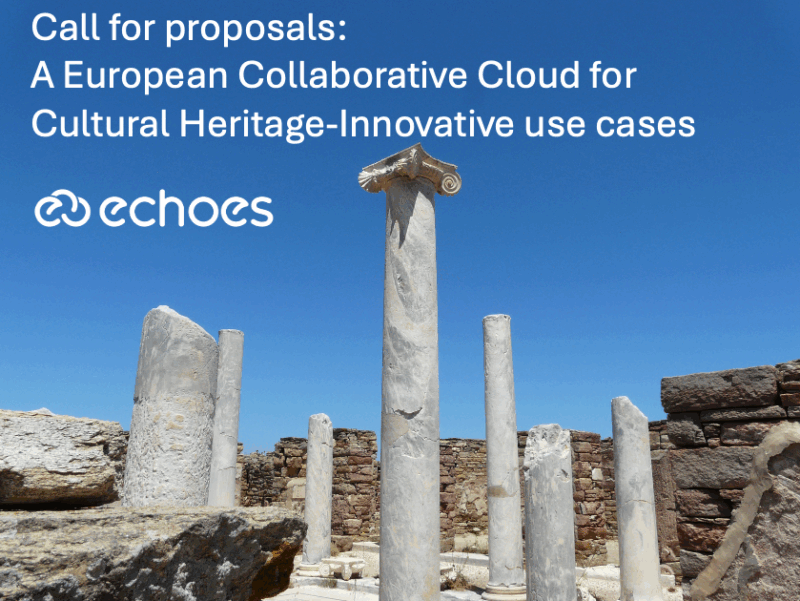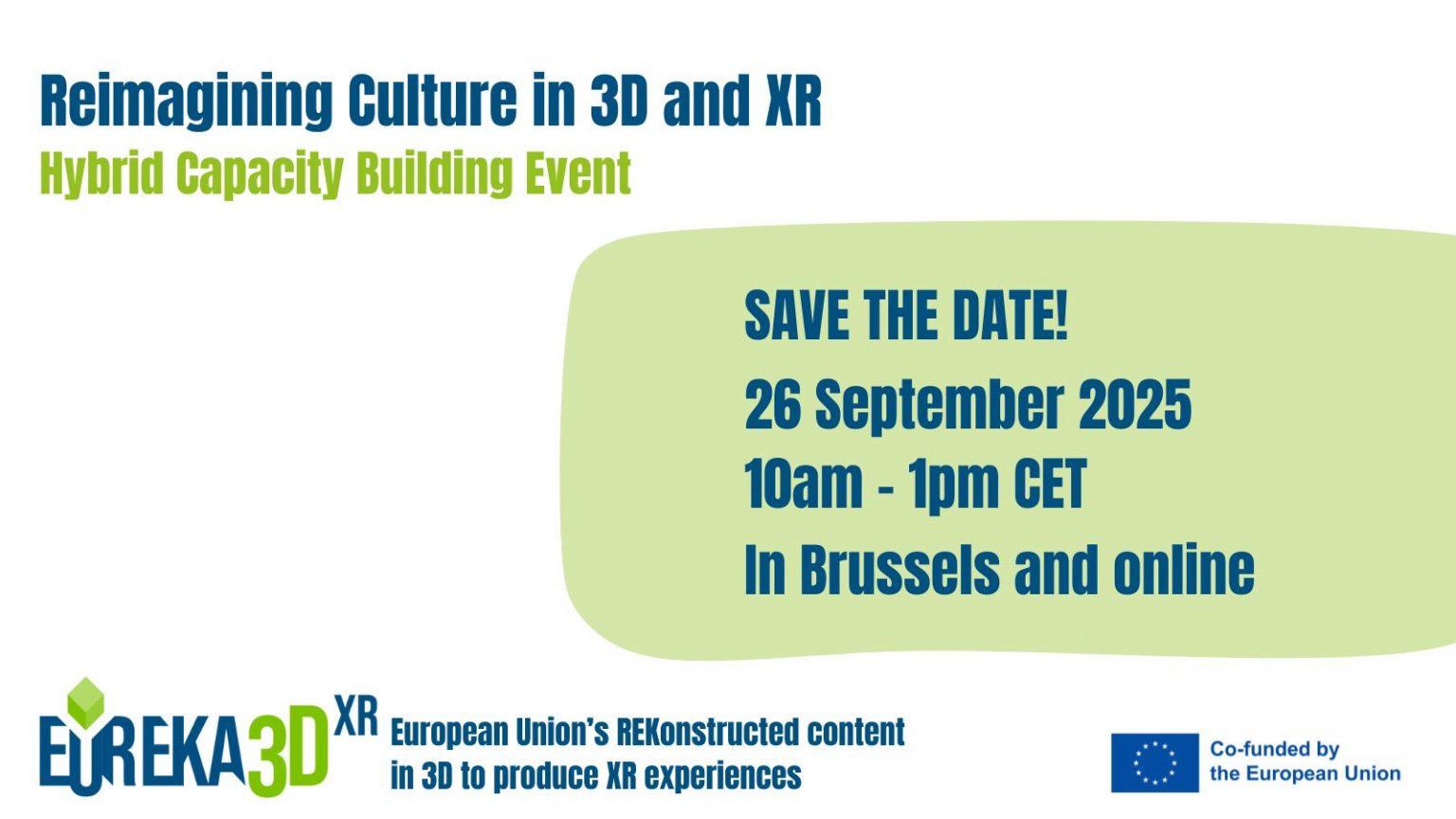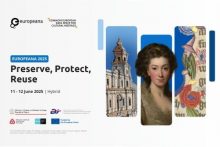-
Join the
Digital Meets Culture
Newsletter! -
Join the
Digital Meets Culture
Open Newsroom! If you have interesting news and events to point out in the field of digital cultural heritage, we are waiting for your contribution.
If you have interesting news and events to point out in the field of digital cultural heritage, we are waiting for your contribution.
-
Free text
-
-
Upcoming events
-
 Collaboration agreement has started between the SECreTour project and Omnis Vision in June 2025
Collaboration agreement has started between the SECreTour project and Omnis Vision in June 2025The SECreTour Network is growing! We are very glad to announce that Omnis Vision SA has joined the SECreTour Network of Common Interest. Omnis Vision SA is a strategic partner for the enhancement, management, and development of real estate assets … Continue reading →
 Collaboration agreement has started between the SECreTour project and Studio Macaco in June 2025
Collaboration agreement has started between the SECreTour project and Studio Macaco in June 2025The SECreTour Network is growing! Studio Macaco has joined the SECreTour Network of Common Interest. Studio MACACO (Ludens Sagl) is a Swiss-based creative software company focused on developing interactive digital experiences for the tourism and cultural sectors. Through the use … Continue reading →
Search Results for: "Alamire Digital Lab"
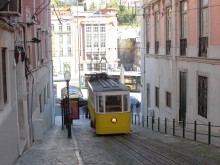
Organised by the Civic Epistemologies project in the framework of the EGI Conference 2015, in collaboration with EGI.eu and IBERGRID, this session will present to the EGI scientific communities platforms for and use cases of citizen science, covering the wide range of potential capabilities (such as desktop computing and pattern recognition) usable in a huge variety of disciplines, from biodiversity to digital social sciences and humanities. Civic Epistemologies will present the first draft version of its Roadmap for Citizen Science. Continue reading
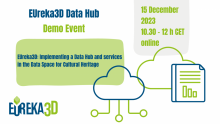
To create 3D models of cultural heritage collections is a new challenge for Cultural Institutions. However, the next steps after digitisation also pose challenges about storage, visualisation and preservation of such 3D models and their accompanying information. What are the … Continue reading
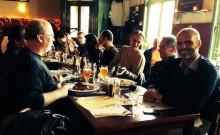
Europeana Space is a very large project characterized by experimentation and creativity: in facts its main aim is to trail new ways of re-use for the digital cultural heritage, in order to unlock its potential in terms of business and creation of new jobs. An important meeting will take place in Amsterdam on 15-16 May, hosted by partner Noterik and coordinated by the WP4 leaders iMINDS and Promoter. Continue reading
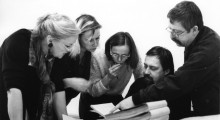
The opening of the Stasi Records was a unique act following the Peaceful Revolution of 1989 turning the archive into a role model for many post-dictatorial societies. With the enactment of the Stasi Records Act on January 2, 1992, citizens … Continue reading
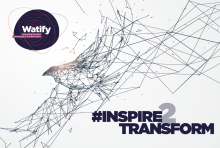
WATIFY: Inspire to Transform takes place on 2 May at DNK – Space for Contemporary Dance and Performance, National Palace of Culture (Sofia, Bulgaria) and is organised by WATIFY, an awareness-raising campaign funded by the European Commission to stimulate the … Continue reading

JHOVE (JSTOR/Harvard Object Validation Environment) is an extensible software framework for performing format identification, validation, and characterisation of digital objects. The Open Preservation Foundation (OPF) took over stewardship of JHOVE in February 2015 to provide it with a permanent and sustainable home. A new beta version of JHOVE 1.12, focusing on stability of the code base, is now available to download. Continue reading
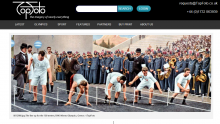
TopFoto is an independent picture library based in Edenbridge, Kent, England. The archive contains 10 million images from medieval documents to today’s digital files being sent in by FTP from all over the world.The core of the hardcopy archive comprises of 120000 negatives from John Topham (an individual photographer and TopFoto’s founder) plus millions of negatives and hardcopy prints from a variety of historic press agencies that have been collected since 1975. Continue reading
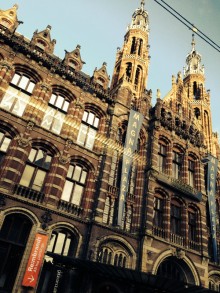
EGI.eu and APARSEN organised an EGI Community Workshop focusing on “Managing, computing and preserving big data for research”. The workshop, which was held in Amsterdam from 4th until 6th of March 2014, brought together all scientific domains within the EGI community to discuss and develop requirements on e-infrastructures to foster and support the generation, analyse and usage of the research data. Continue reading
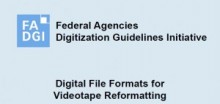
The Audio-Visual Working Group within the Federal Agencies Digitization Guidelines Initiative recently posted a comparison of a few selected digital file formats for consideration when reformatting videotapes. The new report compares MXF and MKV on sustainability. Continue reading
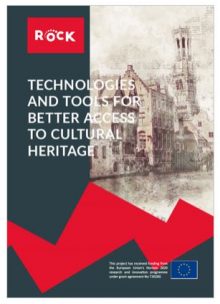
The accessibility allows to fully live in the city and to fully understand and experiment with it, but, how can Cultural Heritage be accessible to everyone? The third booklet of ROCK project, published last February, addresses this question. The urban … Continue reading


